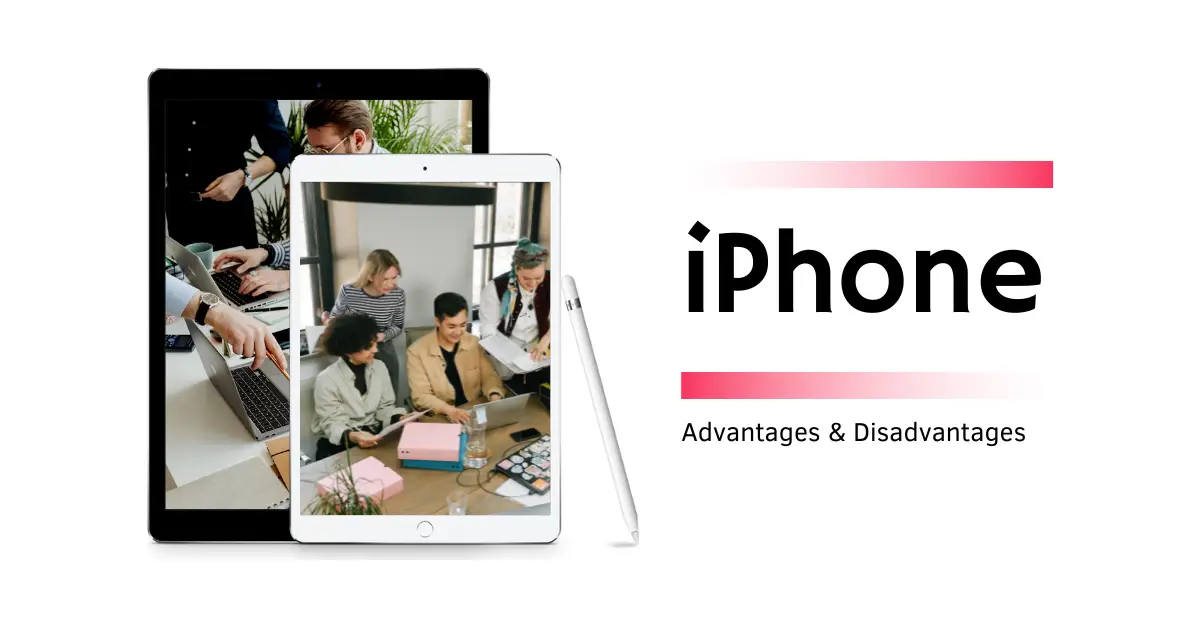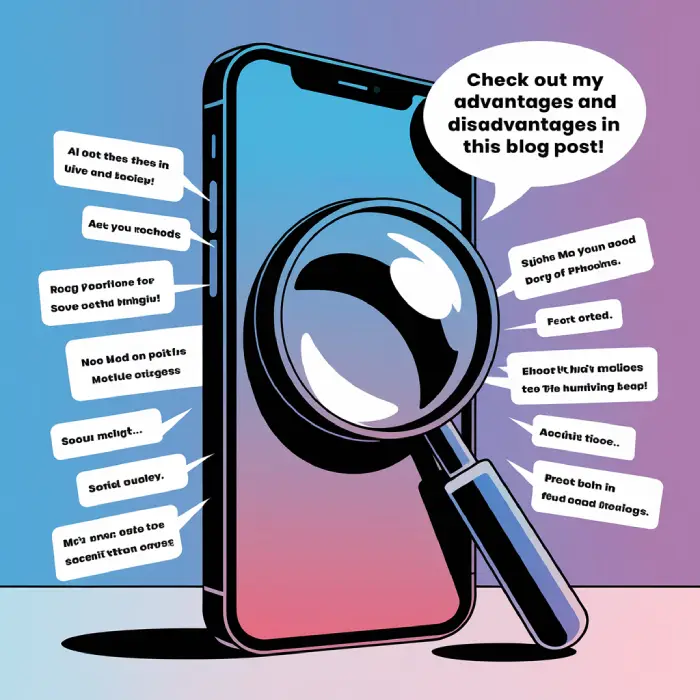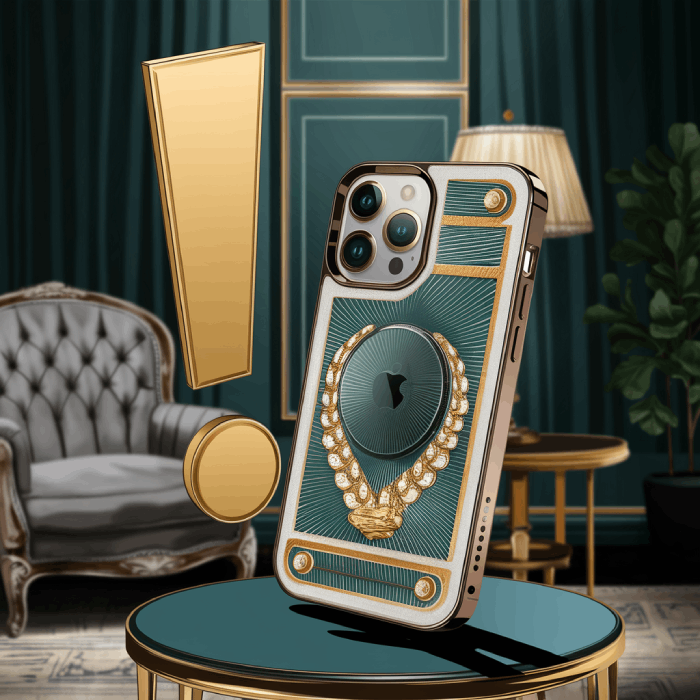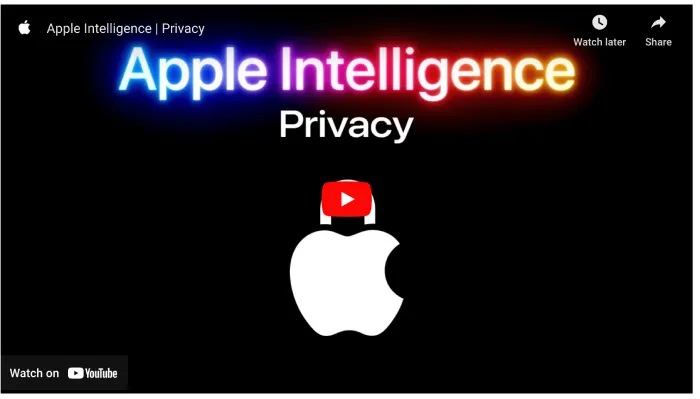
24 Oct Advantages and Disadvantages of iPhone
The iPhone, Apple’s flagship smartphone, has become one of the most popular and iconic devices worldwide. Known for its sleek design, powerful performance, and user-friendly interface, the iPhone has its share of fans and critics.

This article delves into the pros and cons of iPhone ownership, helping you understand the advantages and disadvantages of iOS to make an informed decision.
Table of Contents
Advantages of iPhone
1. Design and Build Quality
- Advantage: iPhones are renowned for their premium design and build quality. With materials like aerospace-grade aluminum and durable glass, the iPhone exudes a sleek, modern look. Apple’s attention to detail in terms of aesthetics and ergonomics ensures that the iPhone feels comfortable in the hand.
- Advantage: The device is incredibly thin and lightweight, which enhances its portability.
- Advantage: The Retina display on iPhones is known for its sharpness, vibrant colors, and true-to-life visuals.
2. iOS Ecosystem and Software Experience
- Advantage: One of the key advantages of iOS is its smooth and user-friendly experience. The operating system is optimized for performance and receives regular updates, even on older devices, ensuring a consistent and secure experience.
- Advantage: Integration with other Apple products, such as the iPad, MacBook, and Apple Watch, is seamless, creating a unified ecosystem for Apple users.
3. App Store Quality and Security
- Advantage: The App Store has strict quality standards, which results in high-quality, well-vetted apps. This reduces the risk of downloading malicious software or encountering low-quality applications.
- Advantage: iPhones offer a high level of security with features like Face ID, Touch ID, and end-to-end encryption.
4. Performance and Longevity
- Advantage: Apple’s A-series chips are among the most powerful in the smartphone industry, ensuring smooth performance even in resource-intensive applications like gaming or video editing.
- Advantage: The iPhone’s longevity is another aspect worth considering. Users can expect long-term support and software updates, which is a significant advantage when weighing the pros and cons of iPhone usage.
5. Camera Quality and Photography Experience
- Advantage: The iPhone’s camera is consistently rated among the best for smartphone photography. It offers features such as Night Mode, Portrait Mode, and advanced image processing that produce high-quality photos in various lighting conditions.
With its advanced features and exceptional camera capabilities, the iPhone is a popular choice among smartphone users. If you’re looking for professional iPhone repairs in Delhi, check out Fixmymobile.in for expert services.
- Advantage: Apple’s iOS also provides a user-friendly interface for capturing and editing photos and videos.
6. Resale Value
- Advantage: iPhones maintain a higher resale value compared to most other smartphones, which makes upgrading to newer models more affordable for existing users.
7. User Interface and Accessibility Feature
- Advantage: iOS offers various accessibility options for people with disabilities, making it easier for a broader range of users to operate the device.
- Advantage: The user interface is simple and consistent across devices, which minimizes the learning curve for new users.
Disadvantages of iPhone
1. High Pricing

- Disadvantage: One of the well-known disadvantages of iOS devices is their high cost. iPhones are among the most expensive smartphones on the market. This can be a significant barrier for users looking for a budget-friendly device.
- Disadvantage: Accessories, such as chargers and cases, are often expensive as well.
2. Limited Customization Options
- Disadvantage: When considering the pros and cons of the iPhone, customization limitations are often mentioned. Unlike Android, iOS does not offer as much flexibility in terms of customization. Users cannot modify the user interface beyond certain limits, which may not appeal to those who like to personalize their devices.
- Disadvantage: The closed nature of the iOS ecosystem means users have to rely on Apple’s approved apps and cannot sideload apps from other sources
3. Fragility and Cost of Repairs
- Disadvantage: Despite using high-quality materials, iPhones are prone to damage if dropped, particularly models with glass backs. The cost of repairs can be high if the device is out of warranty.
- Disadvantage: Apple’s strict repair policies mean that getting repairs done outside of authorized service centers can void the warranty.
4. Battery Life and Charging
- Disadvantage: While Apple optimizes battery life through software, some iPhone models lag behind Android devices with larger batteries.
- Disadvantage: The absence of fast charging accessories in the box and the discontinuation of including a charger at all with new models may frustrate some users.
5. No Expandable Storage
- Disadvantage: iPhones do not support expandable storage via microSD cards, limiting users to the built-in storage capacity or relying on cloud services.
6. Compatibility Limitations
- Disadvantage: While iPhones work seamlessly with other Apple products, users who have a mix of Apple and non-Apple devices may face compatibility issues.
- Disadvantage: Proprietary accessories such as the Lightning cable can be expensive and are not as widely used as USB-C cables.
7. Performance Throttling
- Disadvantage: Apple has previously faced criticism for throttling performance on older iPhone models to preserve battery life, which can impact user experience.
Knowing What Is Good About the iPhone and What Is Not
Understanding the advantages and disadvantages of iOS can help you determine whether the iPhone is the right choice for you. If you’re looking for a premium device with a great camera, user-friendly interface, and strong performance, the iPhone could be a perfect fit.
However, if you’re concerned about high costs, limited customization, or the absence of expandable storage, you might want to explore other options.
FAQs
iPhones offer a premium experience, combining high build quality, a smooth operating system, and long-term software support. However, the high cost may not suit everyone’s budget, especially if you prefer more affordable options with extensive customization features.
Yes, iPhones are known for their longevity, with regular software updates that keep the device running smoothly for 5-6 years. This makes it a worthwhile investment for those who prefer to use their phones for an extended period.
iPhones are considered more secure because of Apple’s closed ecosystem and strict App Store policies. The built-in security features, like Face ID, Touch ID, and encryption, offer a high level of data protection.
Repairs can be costly due to the use of high-quality materials and Apple’s authorized repair requirements. Third-party repairs may not be covered under warranty, leading to higher repair costs.
Yes, but integration is better with other Apple products. Some features, like AirDrop or iMessage, may not work as smoothly with non-Apple devices.
The iPhone’s camera is among the best, offering excellent image processing and features like Night Mode. However, some Android phones may offer more specialized features like high zoom or manual controls.
Apple has stopped including chargers to reduce electronic waste and encourage the use of existing chargers. This move is also aimed at reducing the overall carbon footprint.
No, iPhones do not support expandable storage, which means you’ll need to select the storage size carefully when purchasing. Using iCloud is another option for extra storage.
iPhone battery life is generally good, but some models may not last as long as Android devices with larger batteries. Battery optimization through software helps, but it may not match some high-capacity Android models.
Yes, the iPhone performs well in gaming due to its powerful A-series chips. It is a great choice for gamers who prioritize performance, although screen size may be a limitation for some.
Conclusion
Knowing what is good about the iPhone and what is not is essential for making an informed purchase. The iPhone offers a premium experience, with advantages like a high-quality design, powerful hardware, and a secure iOS ecosystem. However, it also has some downsides, such as high pricing and limited customization options. By weighing the pros and cons of iPhone use discussed in this article, you can decide whether it’s the right device for your needs.





No Comments